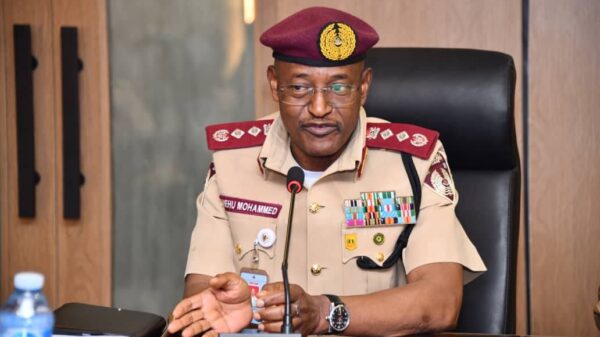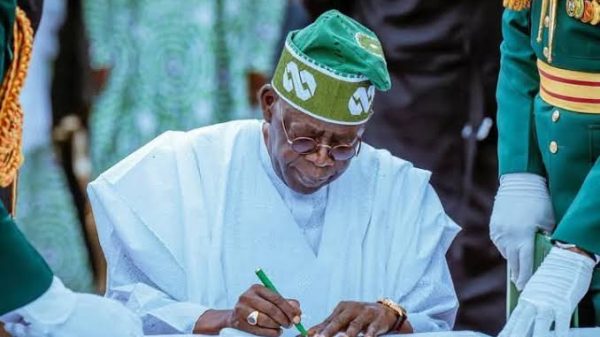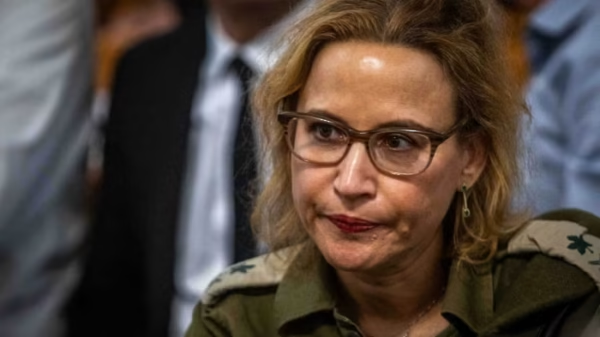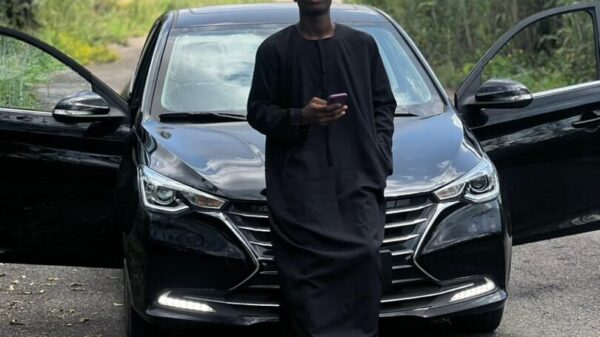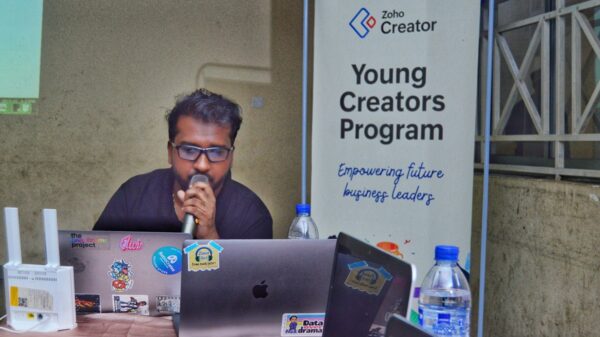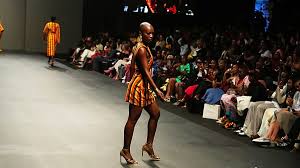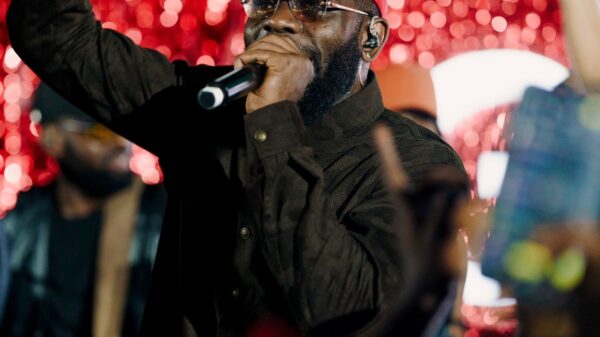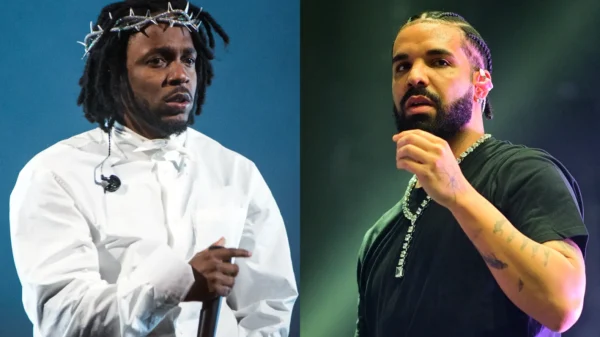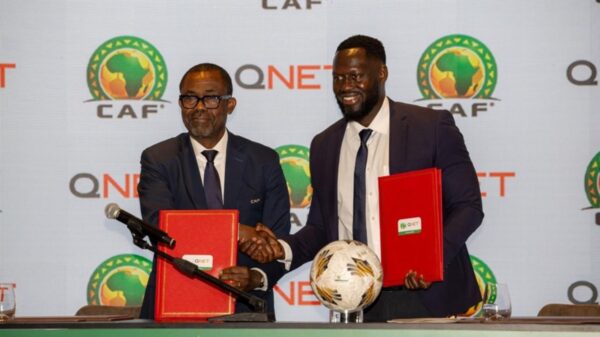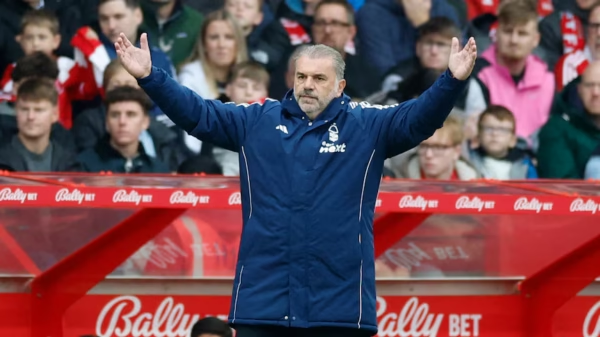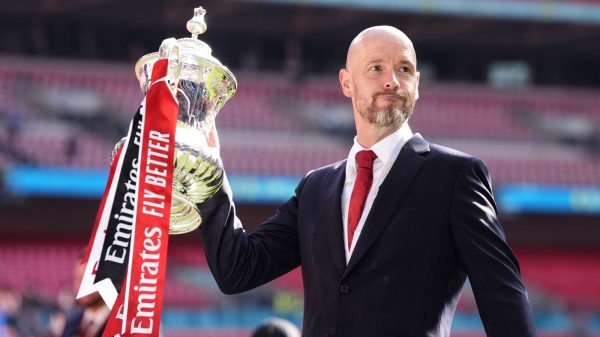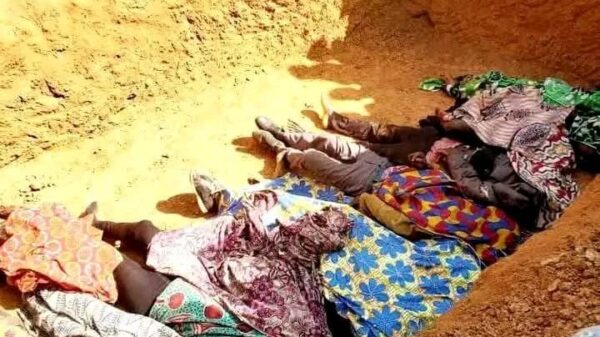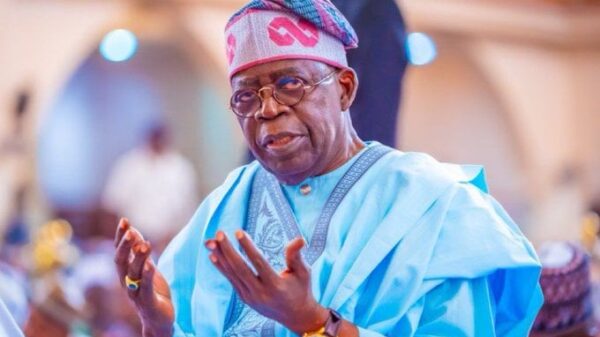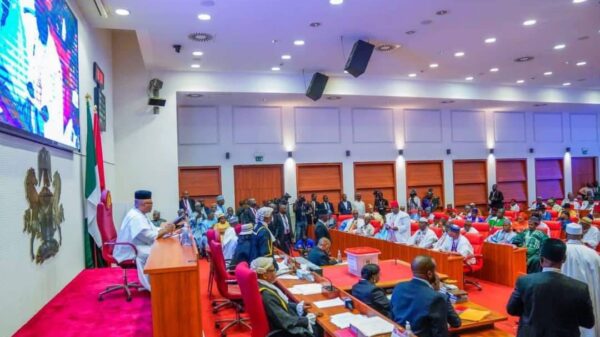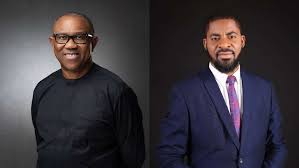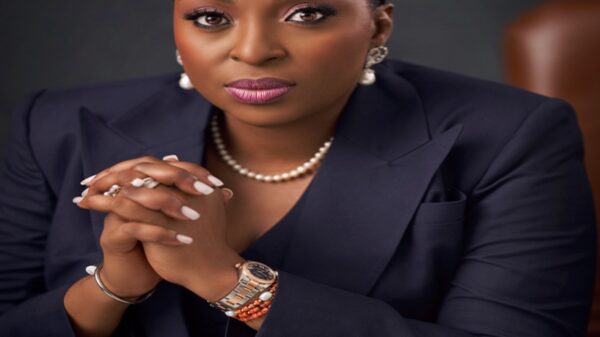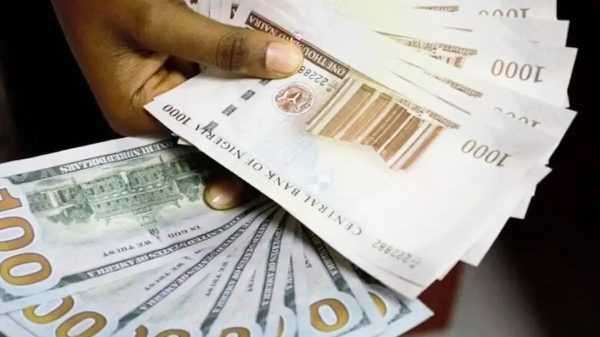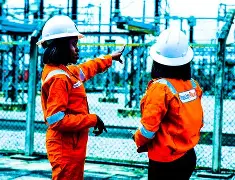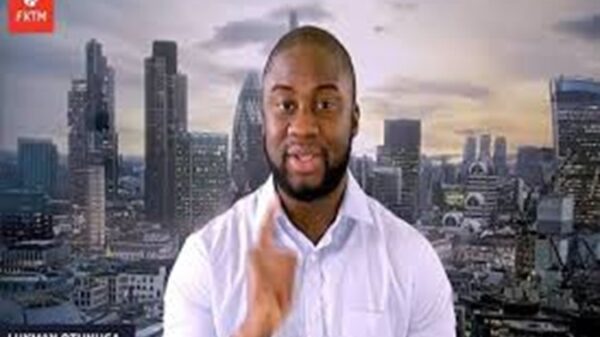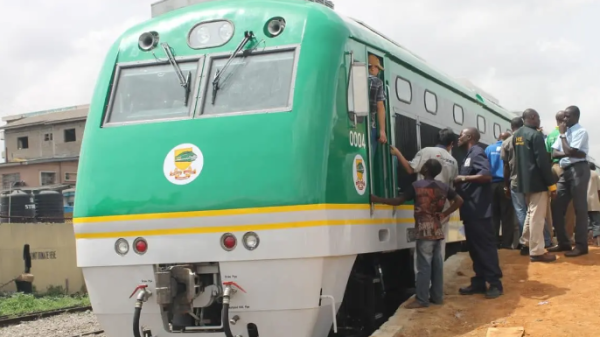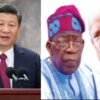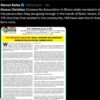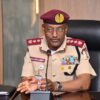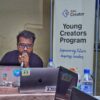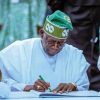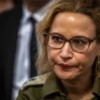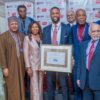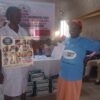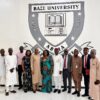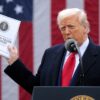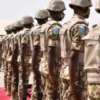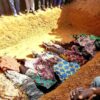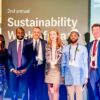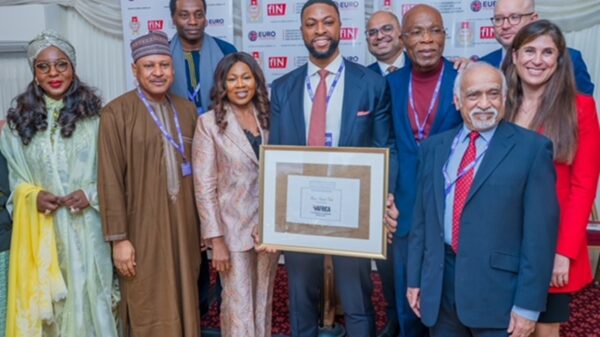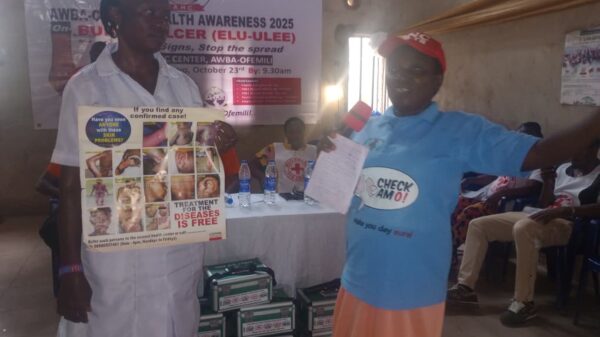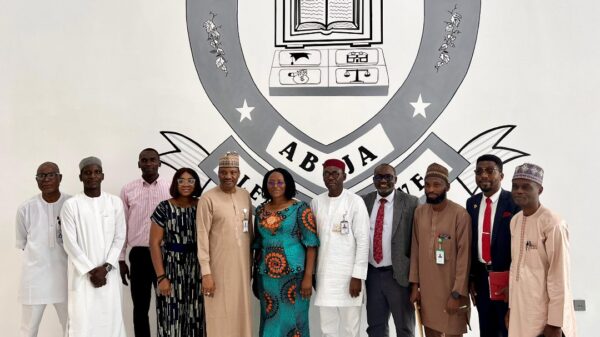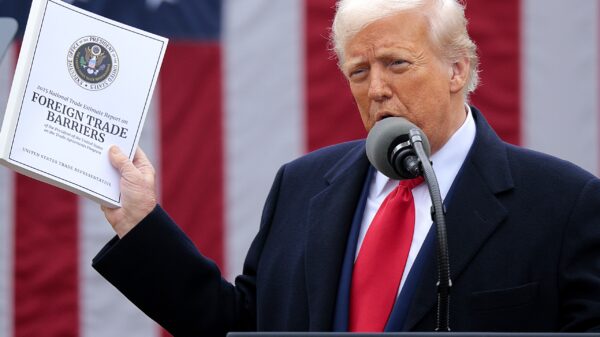The Gwoza Christian Community Association (GCCA) in Borno State has recounted the harrowing persecution Christians in the region continue to face at the hands of Boko Haram insurgents, revealing that out of 176 church buildings that once stood in the community, 148 have been burnt down and now lie in ruins.
In a detailed statement titled “The Unspoken Genocide: GCCA Account on Christian Persecution in Gwoza, Borno State,” and signed by Rev. Dr. (Arc) Ayuba John Bassa, the GCCA National Coordinator, and Rev. Filibus K. Goma, former EYN President and Chairman of the Board of Trustees, the group described years of destruction, displacement, and loss. They said Gwoza once had a thriving Christian presence before the insurgency, with entire neighbourhoods in Gwoza East and West flattened and every Christian home destroyed.
The association detailed that 74 towns and villages were sacked, 36,946 families dispersed, and 292 people killed in a single 2013 attack on Gwoza West. In Attagara, 13 churches were destroyed while 1,738 families were displaced, and by June 2014, 2,403 Christian homes and 28 churches had been razed across Gwoza, Kamba, and Gharza. Among the victims were twelve pastors killed by insurgents.
The GCCA described the attacks as part of a “systematic attempt to erase Christians and their heritage” from the region and accused both the Nigerian government and certain Christian institutions of remaining silent in the face of atrocities. “Institutional silence compounds the pain. We are members of the Christian Association of Nigeria (CAN), and as such, we ask: has CAN been compromised? Has it become a passive observer, unwilling or unable to defend its people?” the statement read.
The association said the reconstruction process in Gwoza has been “highly uneven,” noting that while thousands of Muslim homes have been rebuilt and rehabilitated, “virtually no Christian homes have been restored.” It also highlighted that of the thousands of resettlement houses built, only three belonged to Christians. The GCCA pointed to the case of the Gwoza General Hospital Mosque, which had been a historic symbol of unity, but was damaged by Boko Haram in 2014 and later bulldozed during rehabilitation to make way for a solar farm. “Our repeated appeals went unanswered. We are left to ask whether this is a failure of leadership, a religious bias, or both,” the group lamented.
The report further noted that Christian Religious Knowledge is no longer taught in schools across the local government, Christians have been denied land for worship, and mosques have replaced churches. Before Boko Haram, Christians represented roughly five percent of Gwoza’s population, yet they have now been entirely displaced, with over 107,000 living as internally displaced persons (IDPs) or refugees for more than a decade with little or no government assistance.
The GCCA urged the Nigerian government to fulfil its constitutional duty to protect every citizen, “irrespective of faith,” and to conduct independent investigations to hold perpetrators accountable, ensure equitable reconstruction, and restore the rights of displaced Christians to return home with dignity and safety. “To the Nigerian government: fulfil your constitutional duty to protect every citizen irrespective of faith. Conduct independent investigations, prosecute those responsible for targeted attacks, ensure equitable reconstruction, and restore the right of displaced Christians to return home with dignity and security,” the statement said.
They also called on the international community, including the United States and global human rights bodies, not to ignore what is happening in Nigeria’s northeast and north-central regions, urging for independent humanitarian investigations and targeted assistance for displaced Christians.
Concluding their appeal, the GCCA said: “We have endured atrocities for too long, hoping things would change. They have not. The time for denial and silence is over. Please talk about it until the world knows.”
The statement, shared by journalist Steven Kefas, has reignited public discourse about the persecution of Christians and the long-term devastation caused by Boko Haram in Nigeria’s northeastern region.
![]()


